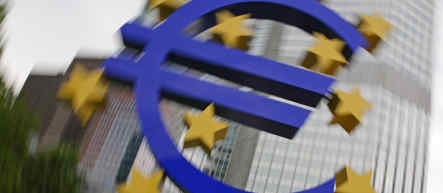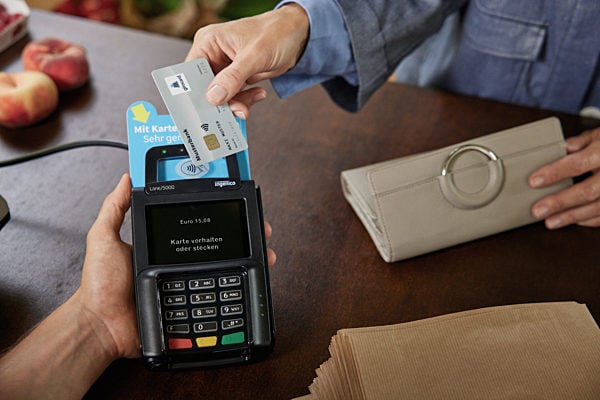The parliamentary leader of Angela Merkel’s Christian Democrats (CDU), Volker Kauder, floated the idea of a Europe-wide monitoring agency for financial service providers in an interview with news agency DPA.
“Just as we have a European Central Bank, we should ask whether we need a European financial services monitoring authority which would monitor banks in Europe, at least,” Kauder said.
He suggested that such an authority could be modeled on the German financial watchdog, the Federal Financial Supervisory Authority or BAFin. Given the globalization of the world’s banking systems, Kauder says politicians have a responsibility to act on a global level.
“Politics can ensure that such distortions no longer happen, in that we globally agree and enforce rules, checks and transparency. That reflects our idea of a social market economy,” he said.
“Just as we have a World Trade Organization that is meant to guarantee free trade around the globe with a framework of rules, such a framework should also be developed for the financial markets.”
Germany on Saturday halted short-selling in financial shares, when investors borrow company stock to sell it, following the example of Britain and the United States.
The ban affects 11 shares including those of AAreal Bank, Allianz, AMB Generali, Commerzbank, Deutsche Bank, Deutsche Boerse, Deutsche Postbank, Hannover Re, Hypo Real Estate, MLP and Munich Re.
BaFin, said short sales were banned with immediate effect until the end of the year, underscoring that they could lead to huge losses in the current global financial turmoil. However, the ban will be reviewed routinely, BaFin said.
Short-selling can put enormous pressure on markets if sentiment turns negative — as it has done over past months in the credit crunch — and is considered partly responsible for the dramatic fall in share prices seen in once mighty investment banks and other financial groups.
Short sales are designed to profit from a declining share price by an investor or broker arranging a sale of a share he does not own but has “borrowed” on an agreement to return the share at a future date. In effect, the investor or broker is betting that the share price will fall and that they will make a profit.
Short sales have been banned in Britain until Jan. 16 and in the US until Oct. 2.



 Please whitelist us to continue reading.
Please whitelist us to continue reading.